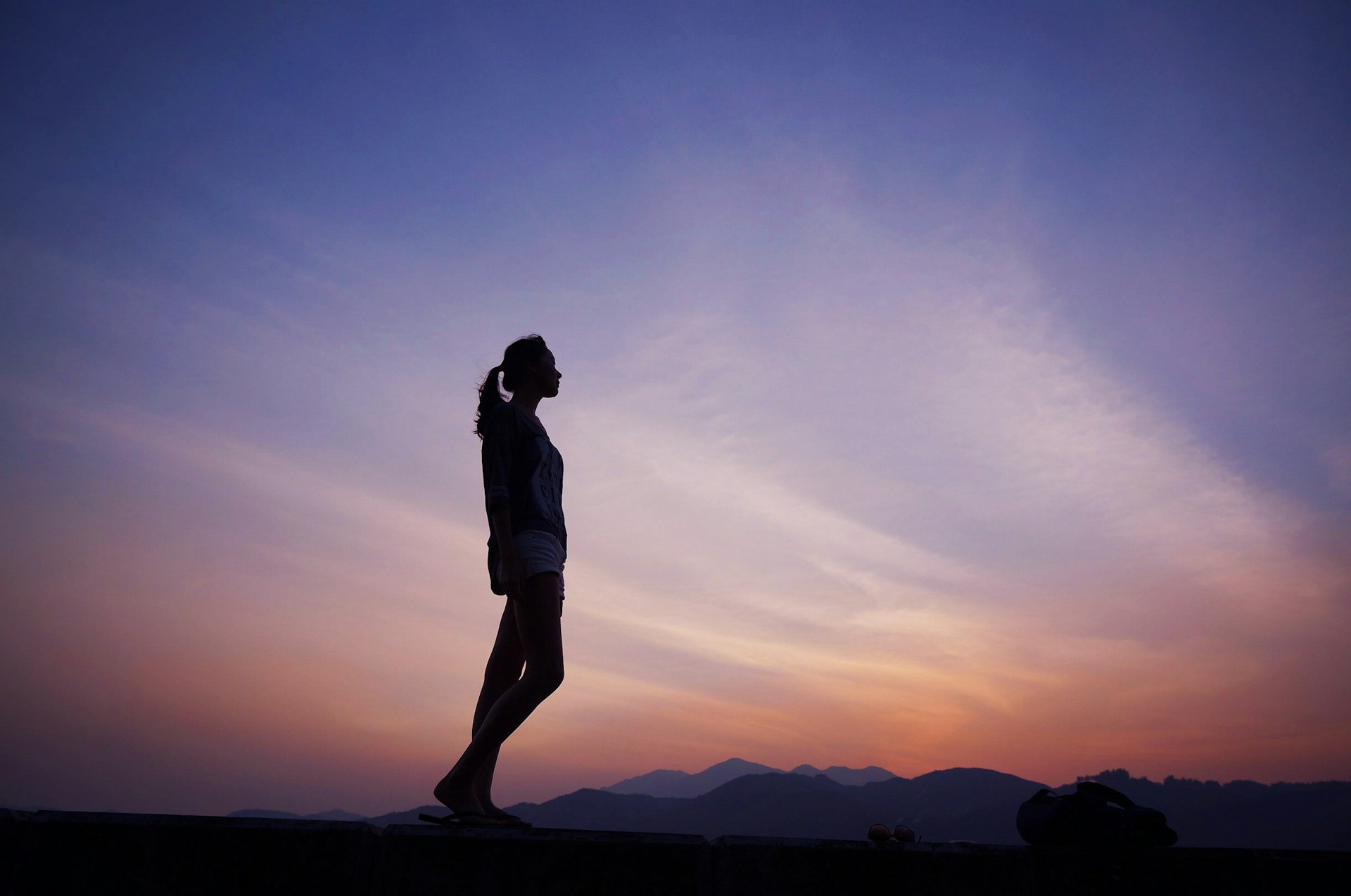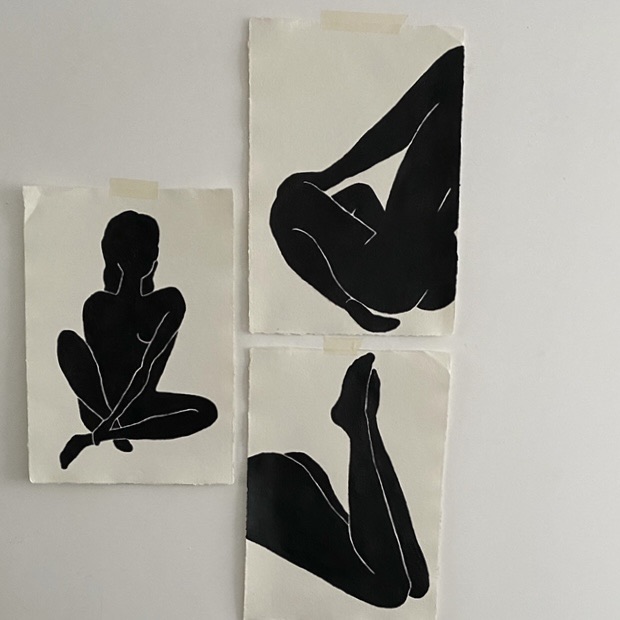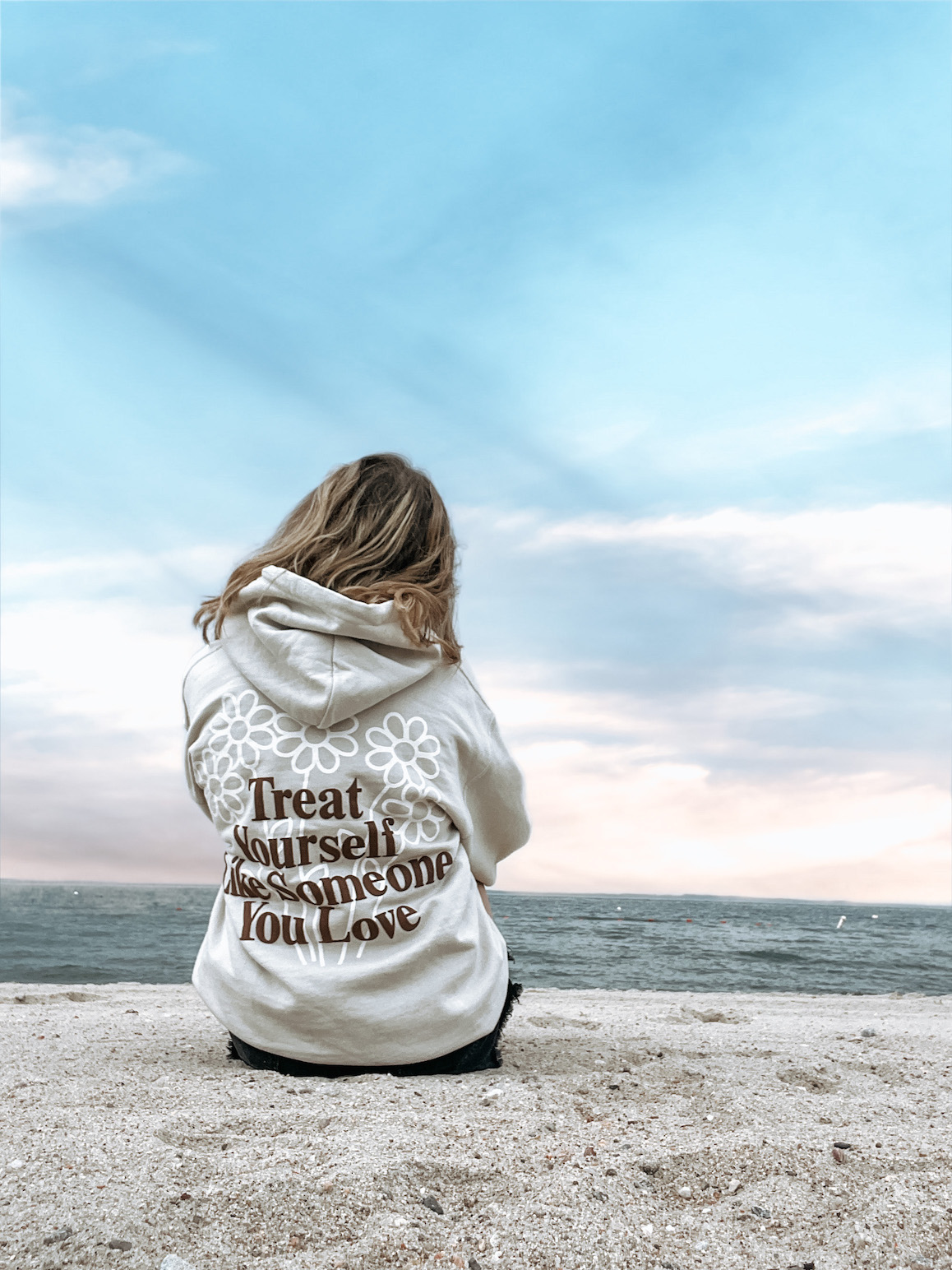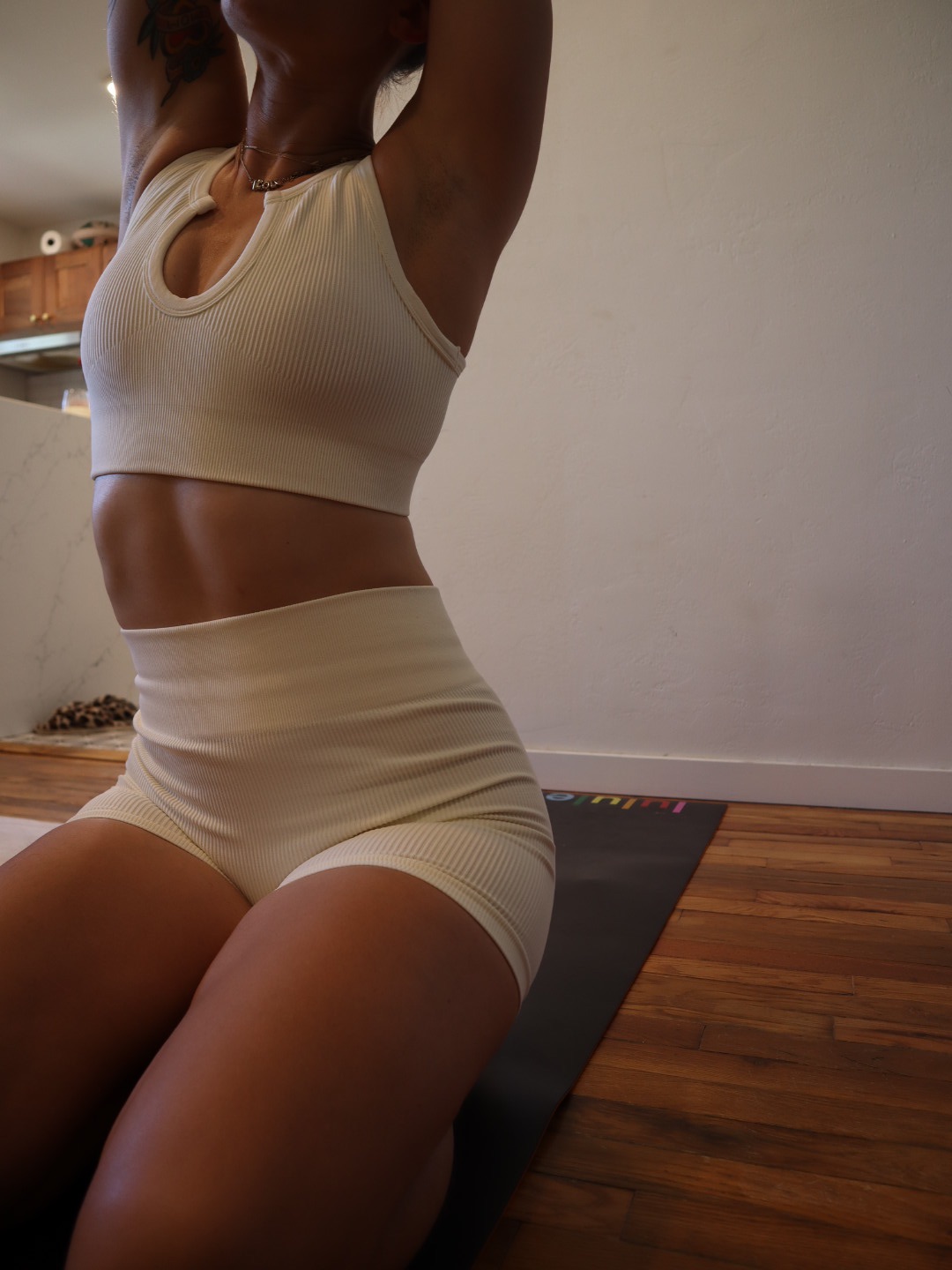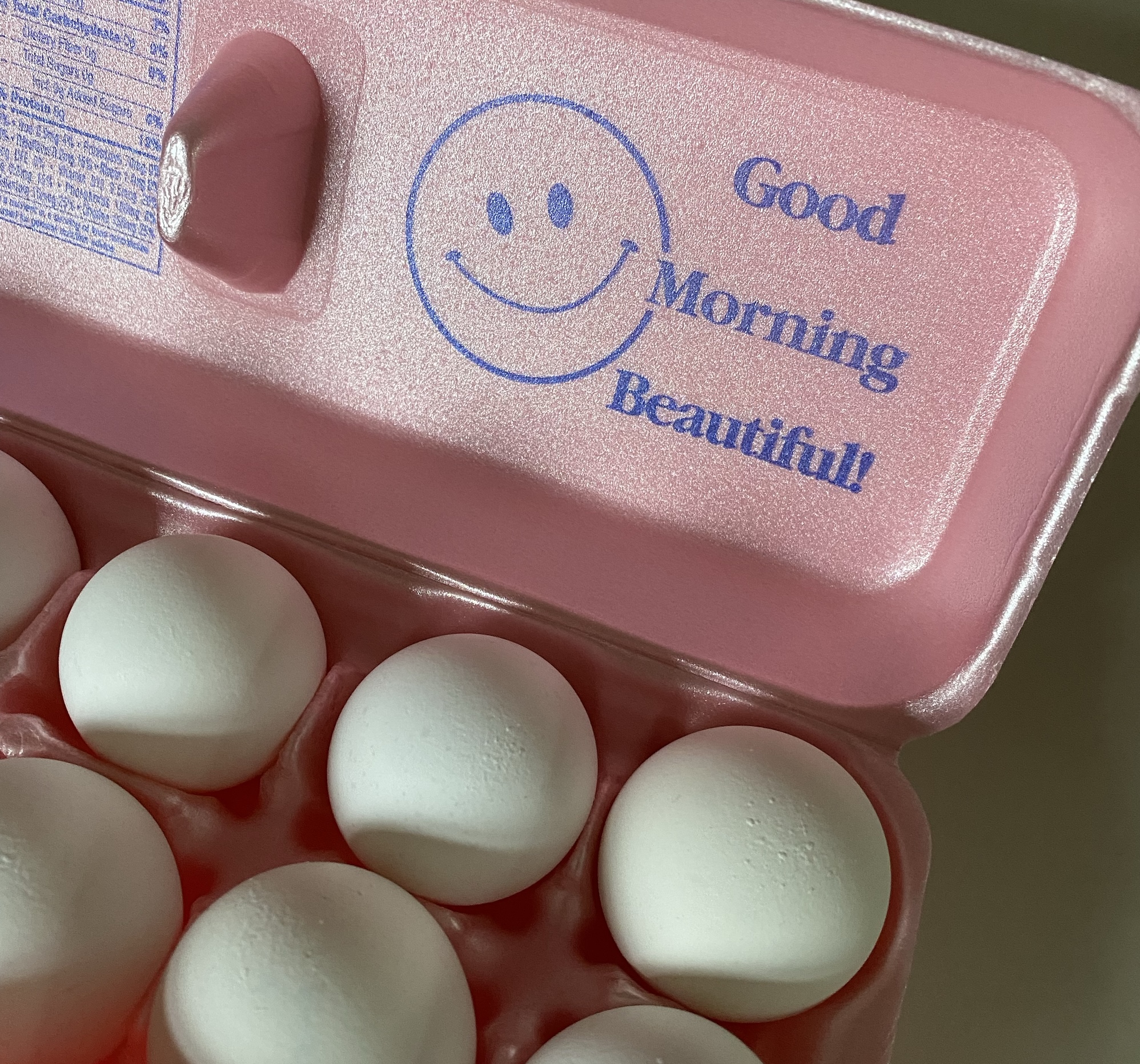Minimalism often conjures images of bare walls, sparse furnishings, and a handful of earthly possessions. But it’s so much more than an aesthetic choice—it’s a pathway to freedom and clarity that benefits the mind, body, and soul.
Imagine living a life cluttered only with essentials, each item and choice rich with purpose and personal significance. Could stripping away the superfluous reveal a more authentic, vibrant self? This post explores how embracing minimalism can illuminate the path to enhanced wellbeing.
The Essence of Minimalism
What is Minimalism?
At its core, minimalism is about stripping away the unnecessary, focusing on what truly adds value to life. This philosophy of “less is more” isn’t just about physical belongings, but also about prioritizing experiences, relationships, and personal growth. Minimalism challenges the modern narrative that happiness is a purchasable commodity, suggesting instead that peace comes from within, and too much external clutter can obscure that peace.
Minimalism as a Sustainable Lifestyle
While some view minimalism as a trend, perhaps picturing stark white rooms or capsule wardrobes, true minimalism is a sustainable lifestyle choice. It’s a commitment to avoiding overconsumption, not just to decrease stress but to increase life’s quality. This lifestyle supports environmental sustainability by reducing waste and promotes a culture of reuse and thoughtful consumption.
Minimalism and Mental Clarity
Decluttering Your Environment
The connection between a cluttered space and a cluttered mind is not just anecdotal; it’s backed by psychology. Studies show that excessive stimuli in the environment can lead to sensory overload, which in turn reduces our cognitive resources. By simplifying our living spaces, we can literally make room for more thoughtful living and clearer thinking.
Psychological Benefits of Simplicity
Embracing minimalism can significantly lower stress levels. With fewer possessions to worry about maintaining, losing, or protecting, individuals report feeling lighter and more at peace. This simplicity extends to decision-making processes; with fewer choices, minimalists often experience less decision fatigue, leading to better and quicker decision-making.
Minimalism for the Body
Impact on Physical Health
Minimalism’s benefits extend beyond mental wellbeing. Physically, minimalists may find improved health outcomes through less exposure to harmful chemicals present in common household items and processed foods. The minimalist approach to personal care—using fewer but higher-quality products—can also reduce skin problems and other health issues related to synthetic ingredients.
The Minimalist Diet
Focusing on simple eating, the minimalist diet involves consuming whole foods with minimal processing. This dietary approach emphasizes the quality of ingredients over quantity, with a strong preference for local, organic produce and sustainably sourced meats and fish. Eating becomes more intentional and more enjoyable when each bite is both nourishing and chosen with care.
Benefits of Minimalist Fitness
In fitness, minimalism strips away complicated machinery and trendy workouts, focusing instead on basic, functional movements like walking, running, body-weight exercises, and yoga. These activities don’t require expensive equipment or gym memberships, making them more accessible and sustainable over the long term. The minimalist approach to fitness emphasizes consistency and enjoyment over intensity and variety, which can lead to greater lifelong fitness and mobility.
Minimalism for the Soul
Enhancing Spiritual Wellbeing
Minimalism offers profound spiritual benefits. In a minimalist space, the absence of clutter and distraction can enhance meditation and mindfulness practices. This clear environment acts as a blank canvas, allowing individuals to paint their spiritual practices with broad strokes. With more physical and mental space, people often find deeper connections to their spiritual beliefs and a greater sense of peace.
Living Authentically
At its heart, minimalism is about finding what is essential to you and eliminating everything else. This process isn’t just about owning fewer possessions—it’s about honing in on your core values. Minimalists often experience a surge in authenticity as they stop accumulating stuff and start building a life aligned with their true selves. Living with less allows you to make room for more of what truly matters—be it relationships, hobbies, or personal growth.
Implementing Minimalism in Your Daily Life
Adopting a Minimalist Mindset
Transitioning to a minimalist lifestyle starts in the mind. It requires a shift from valuing possessions as a measure of success to valuing simplicity and serenity. Start small: declutter a single drawer or spend a day offline. Gradually, these practices can extend to larger areas of your life, helping you to sustain a minimalist mindset long-term.
Decluttering Your Spaces
The first step in adopting minimalism is often decluttering. This doesn’t just apply to obvious spaces like your home or car but also to your workspace and digital environments. Start by removing items you haven’t used in a year, duplicate items, and things that no longer bring joy or utility. Digital decluttering can also provide a refreshing break from the constant noise of emails, apps, and social media.
Maintaining Minimalism
Staying minimalist can be challenging, especially in a consumer-driven society. Regular check-ins are vital; reassess what you own and why regularly. Creating routines and habits that reinforce your minimalist principles can help, such as a monthly review of possessions or a shopping ban on non-essentials. Remember, minimalism isn’t about deprivation; it’s about making room for more meaningful engagements and experiences.
The Challenges of Minimalism
Common Misconceptions
There are several misconceptions about minimalism that can deter people. Some believe it means living without luxury, or that it’s exceedingly bland and restrictive. In truth, minimalism isn’t about removing joy or comfort from your life; it’s about eliminating excess to focus on what brings true satisfaction and joy.
Overcoming Obstacles
Transitioning to a minimalist lifestyle may involve challenges, including resistance from those around you or from within yourself. Understand that it’s okay to have setbacks and that minimalism doesn’t have a one-size-fits-all approach. It’s about finding the level of minimalism that works for you. Communication with family or roommates about your goals can mitigate friction and help others understand your choices.
Dealing with Peer Pressure
In a society that often values material success as a sign of happiness, it can be tough to stick to minimalist principles. Building a support system, whether through online communities or like-minded friends, can provide encouragement and motivation. Sharing your experiences and challenges can also inspire others to consider how minimalism might benefit their own lives.
Minimalism is more than just a way to organize your home—it’s a comprehensive strategy for enhancing your life across every aspect. By reducing the clutter that fills our spaces and schedules, we open doors to deeper mental clarity, improved physical health, and a more fulfilling spiritual life. Start small, think big, and take those first steps towards a minimalist lifestyle today. Witness for yourself how less really can be more.


